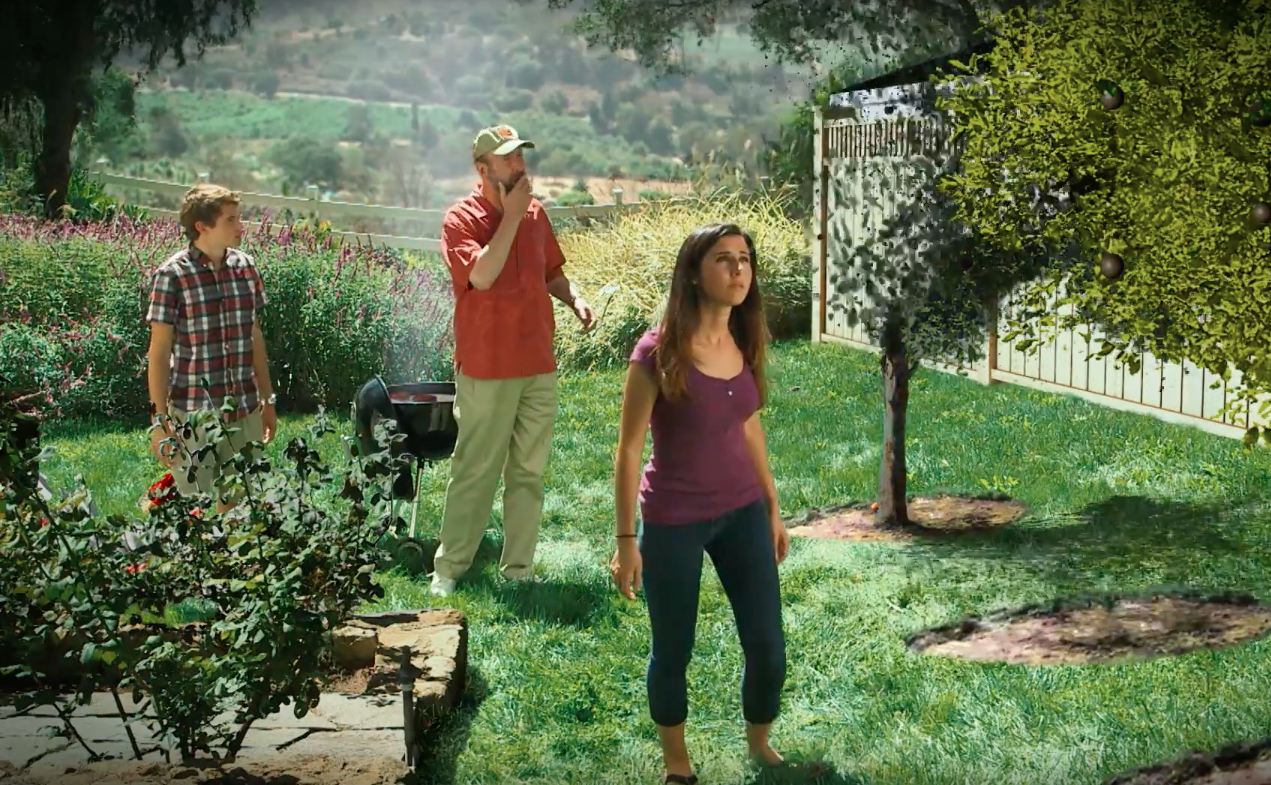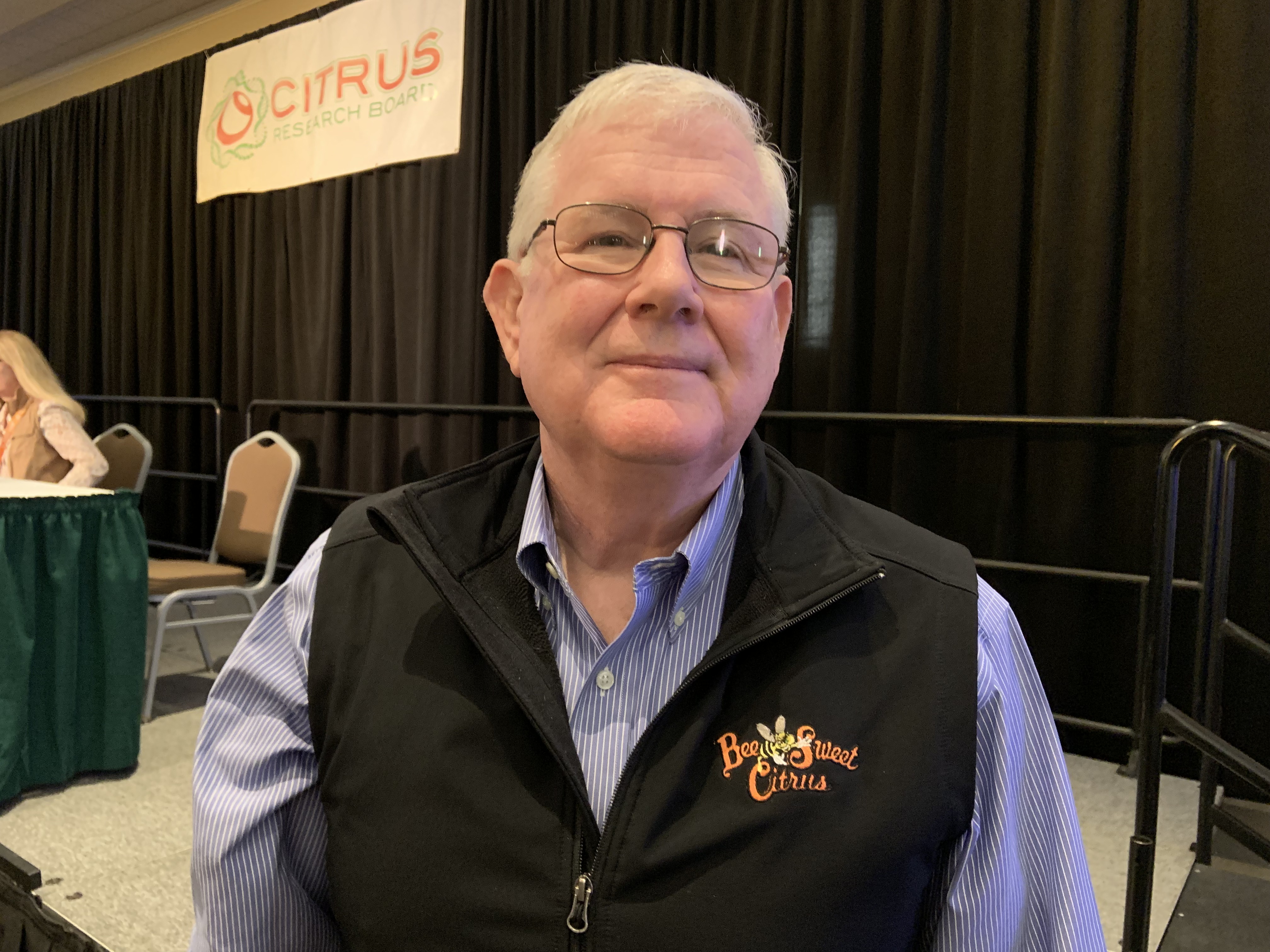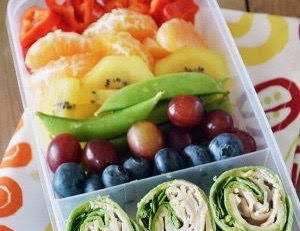Citrus Growers’ Response To Huanglongbing
Industry Committee Endorses Voluntary Best Practices
News Release
To provide California citrus growers with a strong toolbox of science-supported strategies and tactics to protect their orchards from Huanglongbing (HLB), the Citrus Pest & Disease Prevention Committee endorsed a set of best practices for growers to voluntarily employ in response to HLB in California.
The recommendations—which were developed based on a grower’s proximity to an HLB detection—represent the most effective tools known to the citrus industry at this time and are meant to supplement the California Department of Food and Agriculture’s required regulatory response. The best practices were developed by a task force consisting of growers from various regions across the state and scientists, all of whom were nominated by the Citrus Pest & Disease Prevention Committee.
Voluntary best practices were developed for growers in the four following scenarios:
- Scenario 1: Orchards outside of an HLB quarantine area
- Scenario 2: Orchards located between one and five miles of an HLB detection (within an HLB quarantine area)
- Scenario 3: Orchards within one mile of an HLB detection but not known to be infected
- Scenario 4: Orchards with HLB
The best practices vary in each scenario but all address: awareness, scouting for the Asian citrus psyllid, controlling Asian citrus psyllids with treatments, protecting young trees and replants, employing barriers or repellents, visually surveying for HLB, testing psyllid and plant material for HLB using a direct testing method like polymerase chain reaction (PCR), and tending to trees’ root health. The voluntary best practices in all four scenarios can be found at CitrusInsider.org.
While HLB has not yet been detected in a commercial grove in California, the disease continues to spread throughout residential communities of Los Angeles, Orange, and Riverside counties. HLB has infected more than 1,400 citrus trees, and 1,003 square miles are currently in an HLB quarantine area.
“Our state’s citrus industry has held the line against HLB since the first detection seven years ago. We should commend our efforts but must not forget the devastating impact HLB could have on our orchards and our livelihood,” said Jim Gorden, chair of the Citrus Pest & Disease Prevention Program and a citrus grower in Tulare County.
“We know the cost to manage the Asian citrus psyllid is far less than any potential costs or loss to the industry should HLB take hold throughout our state. These voluntary best practices are meant to serve as a box of tools so growers can use as many as are feasible for their operation in order to limit the spread of the psyllid and disease,” said Keith Watkins, chair of the task force that developed the best practices and vice president of farming at Bee Sweet Citrus.













